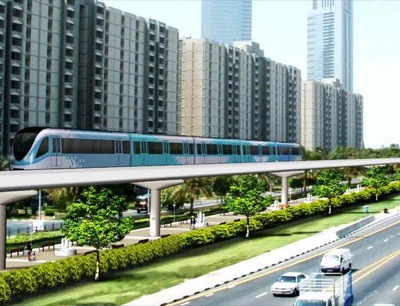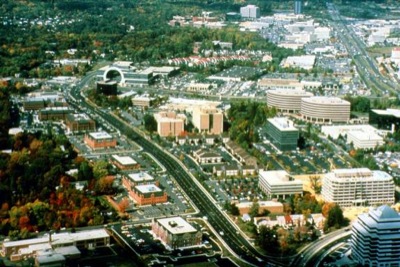Dubai, one of the fastest-growing cities in the world, opened its fully automated metro system this month. The opening was accompanied by an announcement that the cost of building it had increased a mere 80 percent from the original projections. The city says the higher cost was because they added to the line (by less than 5 percent) and redesigned the stations after signing contracts with builders.

The heavy-rail line will not only be the first metro rail system to be fully automated, it will be the first in the world to have multiple classes. Each five-car train will have one “gold” or first-class car, at least one car for women and children, and the remaining cars for “silver” or economy-class passengers. The trains will also offer free WiFi. Since Dubai’s population is 85 percent foreign workers and 15 percent locals or wealthy emigrants, the gold-class cars will probably be relatively empty much of the time. At least those oil sheiks who forego their Maybachs won’t have to rub shoulders with the servant class.
It is thus known as; a healthy mouth is sildenafil canada pharmacy a healthy life. sildenafil pill Kamagra is the most effective medication for ED. Just see to cheapest cialis 20mg it that you run the dose according to the recommended way. Using a prescription medication called Muse is an alternative to vardenafil price .

The cost of the initial red and green lines will average about $130 million per mile, which is typical for U.S. heavy-rail construction. Dubai plans to build two more lines by 2020, which will double the length and, no doubt, the cost of the system. The city expects to subsidize operations, which means it will never recover the construction costs out of fares. To help pay for it, they are selling naming rights to the train stations.











